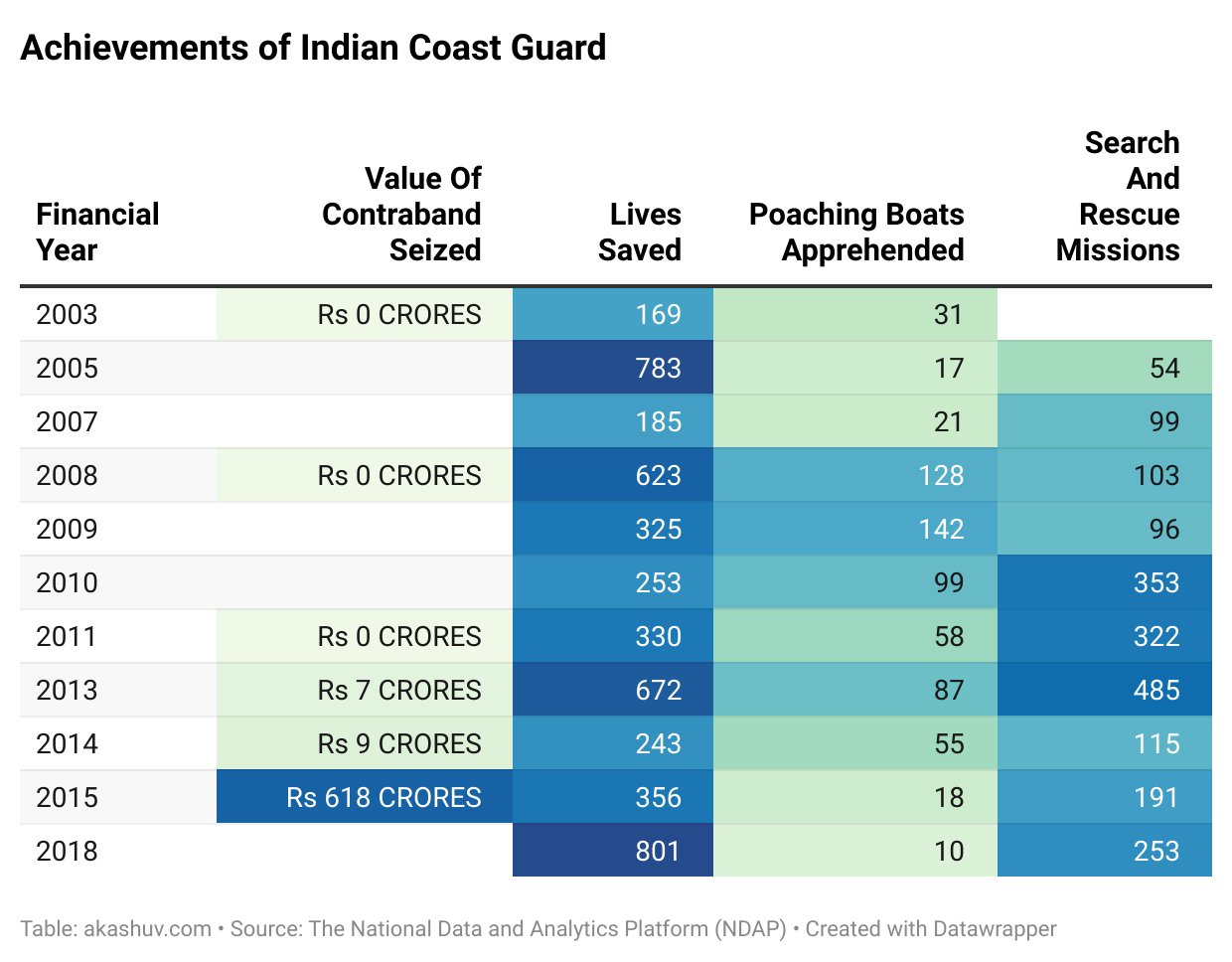Introduction
A Bachelor of Business Administration (BBA) is one of the most popular undergraduate programs for students aspiring to enter the business world.
Designed to provide a robust understanding of business principles and practices, the degree serves as a gateway to numerous career opportunities across diverse industries.
But is a BBA degree truly worth the investment? Let’s delve into the career paths, salary prospects, and return on investment (ROI) associated with this degree to evaluate its value in today’s competitive job market.
Diverse Career Paths: A Gateway to Various Industries
A major advantage of a BBA is its versatility, offering a broad range of career opportunities across industries like finance, marketing, real estate, healthcare, and more.
Broad Business Foundation
The BBA curriculum provides a well-rounded education covering essential business functions, including:
- Finance: Budgeting, investments, and financial planning.
- Marketing: Branding, advertising, and market research.
- Human Resources: Talent management and organizational behavior.
- Operations Management: Process optimization and supply chain management.
Versatility in Careers
Graduates can start their careers in entry-level positions in various roles:
- Management
- Marketing
- Finance
- Accounting
- Healthcare administration
- Real estate
This broad applicability makes the BBA a valuable qualification for students seeking flexibility in their career options.

Specializations to Enhance Career Focus
Many BBA programs offer specializations that allow students to focus on a particular business domain. Choosing the right specialization not only sharpens your expertise but also positions you for roles in niche job markets.
Popular Specializations
- Finance: Ideal for careers in banking, investment, and financial consulting.
- Marketing: Focuses on branding, sales strategies, and digital marketing.
- Entrepreneurship: Designed for aspiring business owners and startup founders.
- Digital Marketing: A growing field that covers social media, SEO, and online advertising.
- Human Resource Management: Perfect for those interested in managing talent and organizational culture.
- International Business: Prepares students for careers in global trade and multinational corporations.
- Supply Chain and Logistics Management: Focuses on procurement, inventory, and distribution.
- Hospitality and Hotel Management: For careers in tourism, hotels, and event planning.
- Sports Management: A niche field combining business principles with the sports industry.
Specializing not only enhances your knowledge but also increases your earning potential in these areas.
ROI: Salary Expectations and Career Growth
Evaluating the ROI of a BBA is crucial for making an informed decision. Salaries vary based on location, industry, and experience, but a BBA typically offers strong earning potential and career growth.
Salary Expectations in India
- Entry-Level Roles: INR 2.7–8 LPA (Lakh Per Annum).
- Role-Based Salaries:
- HR Executives: INR 3.75 LPA
- Marketing Executives: INR 2.91 LPA
- Marketing Managers: INR 6.84 LPA
- Sales Executives: INR 2.44 LPA
- Research and Development Managers: INR 6.5 LPA
- Operations Managers: INR 10.9 LPA
- Financial Analysts: INR 6 LPA
Salary Growth
With experience and further qualifications, such as an MBA, BBA graduates can command significantly higher salaries.
Global Salary Expectations
Internationally, BBA graduates also enjoy competitive salaries, though these vary depending on the country, industry, and role. For example:
- United States: Average starting salary is $50,000–$60,000 per year.
- United Kingdom: £25,000–£30,000 annually for entry-level roles.
Career Growth Opportunities
One of the primary advantages of a BBA is its potential for career advancement. Graduates are well-positioned for roles in management and leadership across industries.
Management Roles
A BBA provides the foundation for managerial roles such as team leader, project manager, or department head.
Advancement to Senior Roles
The degree serves as a stepping stone for higher positions like:
- Marketing Manager
- Operations Director
- Chief Financial Officer (CFO)
- Chief Executive Officer (CEO)
Over time, the experience gained combined with additional qualifications can propel graduates to senior management levels.
Further Education to Enhance Earning Potential
For those looking to accelerate their careers, pursuing further education after a BBA is a logical next step.
Master of Business Administration (MBA)
- Advanced Knowledge: Covers strategic management, leadership, and advanced financial analysis.
- Career Progression: Opens doors to executive roles like Vice President, Director, or General Manager.
- Higher Salaries: MBA graduates typically earn 30–50% more than those with only a BBA.
Other Postgraduate Options
- Master of Commerce (M.Com): Focuses on finance, economics, and commerce.
- Postgraduate Diploma in Management (PGDM): Offers industry-oriented training.
- Master of Management Studies (MMS): Provides specialized management education.
Why Consider a BBA?
Beyond the financial and career benefits, a BBA equips students with critical thinking, leadership, and interpersonal skills that are essential in today’s business landscape.
Advantages
- Practical Knowledge: Hands-on projects and internships.
- Networking Opportunities: Exposure to peers, faculty, and industry professionals.
- Entrepreneurial Skills: Ideal for starting your own business.
Challenges
While a BBA offers many advantages, it’s important to consider the potential challenges:
- Competitive job market.
- Need for continuous learning and skill updates.
- The necessity of further education for senior roles.
Conclusion
A Bachelor of Business Administration (BBA) is more than just a degree; it’s an investment in your future. Offering diverse career paths, competitive salaries, and numerous opportunities for specialization, a BBA prepares students for success in the business world.
While the ROI depends on individual goals, aspirations, and the chosen career path, the versatility and foundational skills provided by a BBA make it a worthwhile choice for aspiring business professionals.
Whether you’re looking to enter the corporate world, specialize in a niche, or pursue entrepreneurship, a BBA can serve as the stepping stone to achieving your ambitions.
Learn More About BBA Programs
- Why Study Business Management? – Top Universities
- Why You Should Consider a Business Degree – Forbes
- What to Study: Business and Management – Times Higher Education
Career Opportunities and Salary Insights
- Entry-Level Business Jobs – Glassdoor
- BBA Salary Insights in India – PayScale
- Management Occupations Overview – U.S. Bureau of Labor Statistics











Leave a Reply